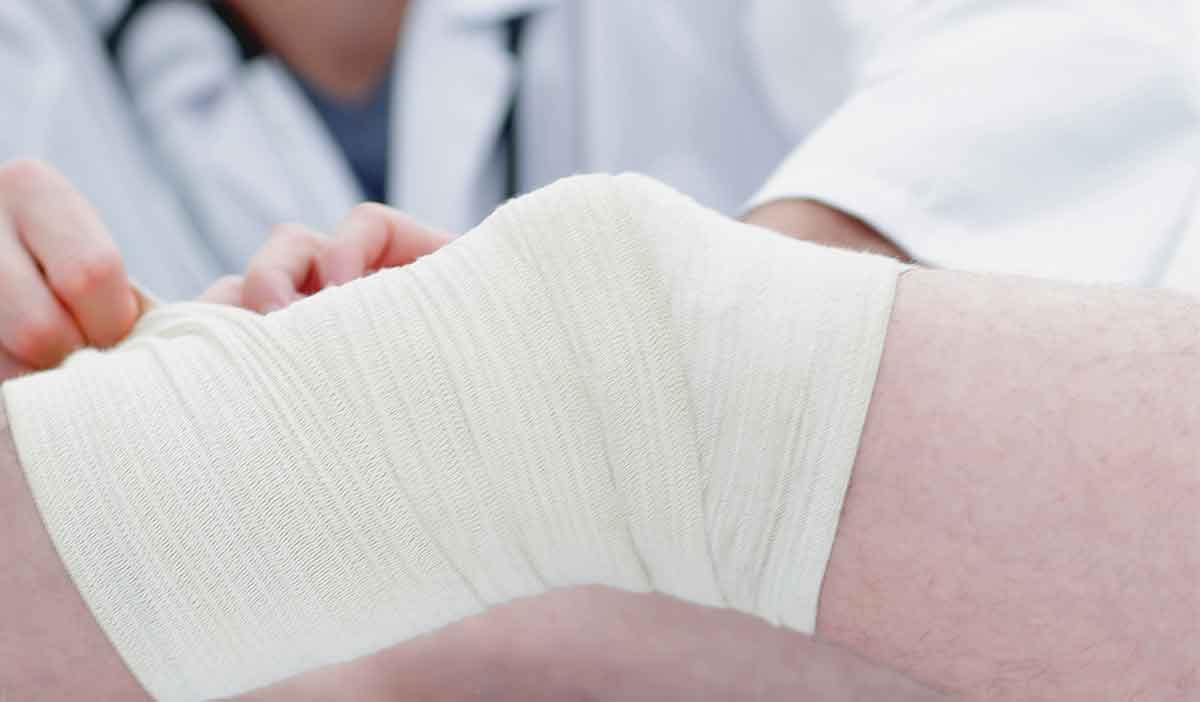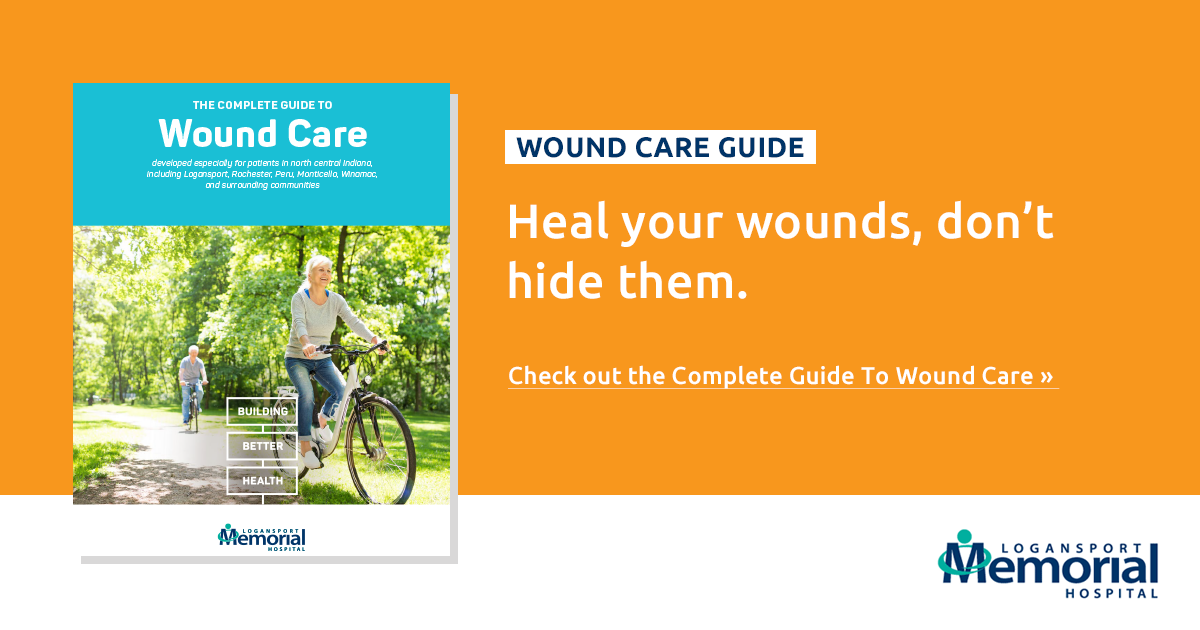This article is part of the Complete Guide to Wound Care.
Whether it's a rough tumble onto the pavement or a deep cut with a kitchen knife, there's always a chance for scarring when you damage your skin during the healing process.
The same risk of scarring is there when you have surgery (matter how skilled your surgeon is) because your surgeon can't control all of the factors—such as your age, race, genetics, chronic illness, and size/depth of your scar—that will impact your healing. That's why post-surgery scarring and how you heal is typically so different from person to person.
 Scar formation
Scar formation
Your scar will continue to change and grow during your entire recovery process. Inflammation is the first stage of scar healing. During this short initial period, your incision will be tender, red, and swollen.
Inflammation is followed by proliferation, and this is the longer phase during which your body repairs your skin. Remodeling comes after proliferation, and this is when your scar becomes more mature.
Good incision care
Though scar will fade as time goes by, proper wound care from day one after you have surgery will lessen your chance for complications from infection and impact how your scar appears after it finishes healing.
Your surgeon may recommend other treatments to heal your incision. Options like silicone wound treatment gels, steroid injections, massage, and prescription medications can help make your scar less visible, but there are also things you can do on your own, too.
How to prevent and minimize scarring
Smoking: Smoking slows healing and increases your risk for scarring so much that surgeons always strongly recommend that patients quit before surgery.
Sleep and rest: Avoid exhaustion.Getting enough rest will help your body do the work of healing.
Alcohol: Surgeons also advise patients to avoid caffeinated beverages and alcohol because these drinks dehydrate your body and skin.
Nutrition: Your surgeon may also recommend that you eat healthy foods and increase your protein intake because protein helps your skin heal.
Weight: If you're overweight, try to work on improving your health because fat found under your skin can keep your surgeon from closing your incision seamlessly, and this may increase your risk of scarring.
Activity: Avoid movements that may risk pulling your incision apart and reopening your wound.
Sunlight exposure: Cover your incision while it is healing because getting a sunburn may darken your scar. During the first year after your surgery, keep your scar away from sunlight by wearing protective clothing or using at least a 35 SPF sunscreen after it's healed.
Infection Good wound care will prevent infection and lessen your chance of scarring after surgery. If you notice signs of an infection, contact your surgeon immediately.
Bathing: Follow your surgeon's instructions for showering. You may need to use a waterproof dressing for the first few times you take a shower. Whatever you do, avoid soaking in a bath or putting soap on your wound until your incision is healed, and take care when patting it dry.
If you've had surgery and are concerned about wound healing and scarring, Logansport Memorial Wound Care Center can help.
For more information about the Center and the services provided locally, call (574) 753-1331 or visit our website.
Chronic Wounds Resource
Download our Complete Guide to Wound Care to learn more about healing your wound and common effective methods of treatment.




